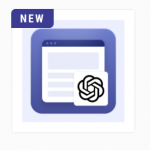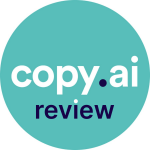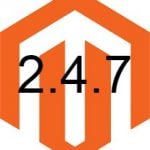Zend Framework 3 – The Next Generation of The Most Powerful PHP Framework

Zend Framework is an object-oriented web application framework for PHP. Its goal is to simplify the language and at the same time make it more mature. Since Zend Framework brings discipline to the development process, coders spend less time and affort performing their tasks with this tool. The digital world is always changing, so Zend Framework 2 is unable to cope with new requirements. Therefore, Zend is working on the third generation of their legendary tool.

The PHP ecosystem is going to beget PHP 7 with all its improvements and features. The new version of the language looks more reliable than any of its ancestors. So here, on the Firebear blog, we anticipate that the same approach will be applied to Zend Framework 3; and the emergence of massive changes will lead to the renaissance of PHP in the nearest future.
Today, Composer, Docker, Node.js, and other solutions cancell a lot of restrictions related to coding. If a few years ago even basic development and deployment processes required months of studying, now everyone can master essential aspects within just a several week. The Zend Framework team took that into consideration and announced Zend Framework 3 earlier this year.
Of course, the new tool will be based on old reliable paradigms as well as new revolutionary patterns. Thus, we should get a familiar middleware solution which is fully optimized for PHP 7. Besides, Zend Framework 3 will introduce component based development for both beginners and advanced developers. Simplicity, reusability, and performance are those elephants on which the world of the framework stands.
Zend Framework 3 will be a great step towards better user experience, since it offers the following opportunities:
-
Broader re-use and higher innovation velocity. Zend Framework 3 provides components separated into individual projects.
-
Advanced approach to HTTP messages. Especially with the .
-
Dependence on independent components is another core reason of better reuse and simplicity. Moreover, the upgrade of MVC apps from ZF2 to ZF3 requires minimal changes.
-
runtime patterns. Zend Framework 3 offers a lightweight alternative to the current enterprise MVC framework.
-
Apigility as a middleware stack. This feature leads to better performance and simplicity, while user experience remains streamlined and powerful as always.
-
PHP 7 + PHP 5.5. Although the framework is fully optimized for PHP 7, it still supports PHP 5.5.
Zend developers have already done a lot of coding, so Zend Framework 3 should be available later this year. According to the official information the release of ZF3 is planned for Q3 2015.
If you are a PHP developer, you can contribute to Zend Framework 3 via the #zftalk.dev Freenode IRC channel of the . What are your expectations about Zend Framework 3?








